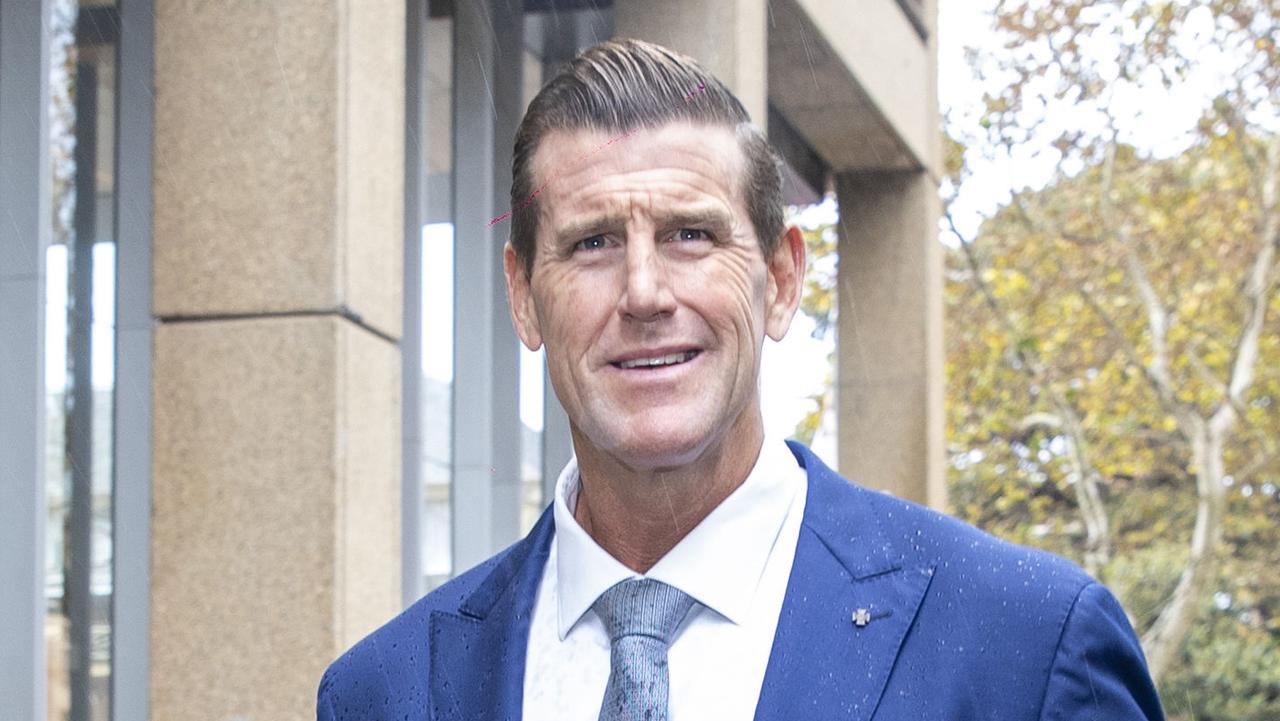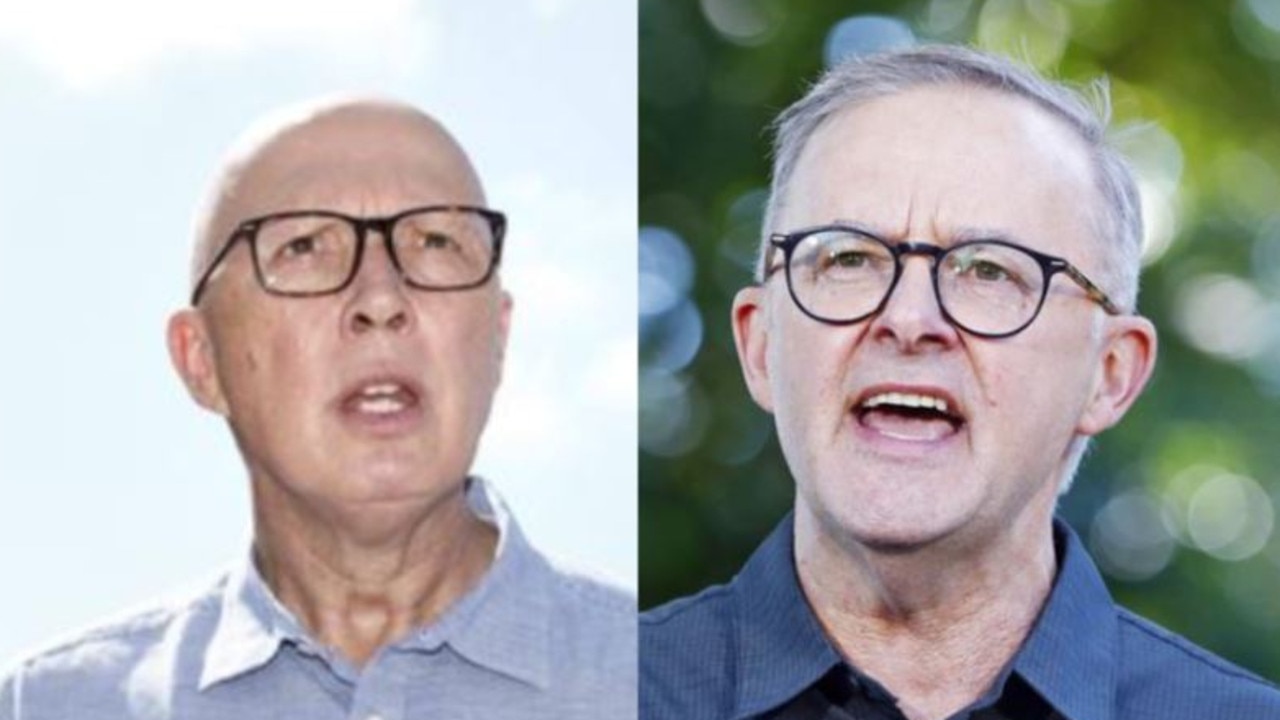Charlotte’s Wish documentary: Heartbroken mum advocates for open conversations around bullying, suicide
The mother of a 12-year-old girl who suicided plays over in her mind the day she lost her child for good: “I just wish I had walked with her” she says through tears.
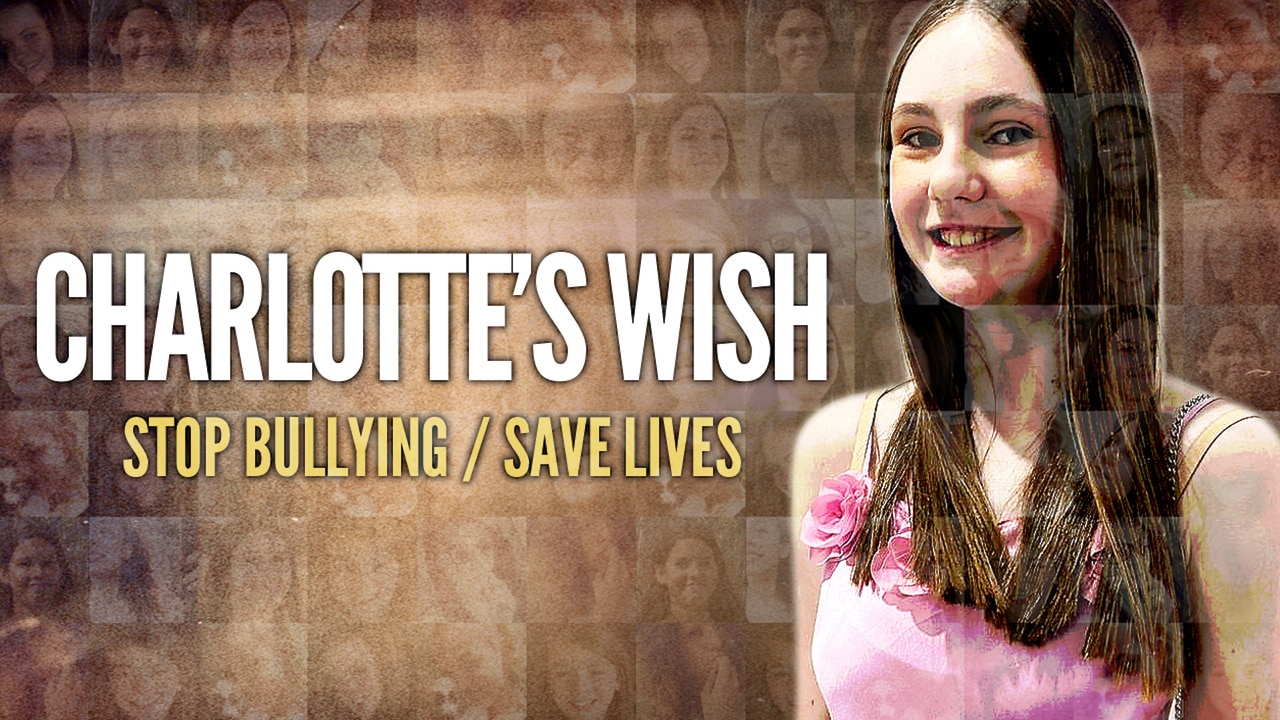
NSW
Don't miss out on the headlines from NSW. Followed categories will be added to My News.
There is no shying away from the truth of why 12-year-old schoolgirl Lauren Rafferty took her own life. She spelt it out in her gut-wrenching suicide note.
“This is the result of years of toxic friendship. I curse you.”
Lauren’s mum Rachelle Owen had to bury her daughter without even having read the note, only getting a redacted copy much later because the coroner decided “we cannot have more children hurting themselves”.
“I would say that the Coroner’s logic is flawed because the problem is worse than ever. We have to change our approach to that.
“So I had to bury her without knowing anything. And that was hard.”
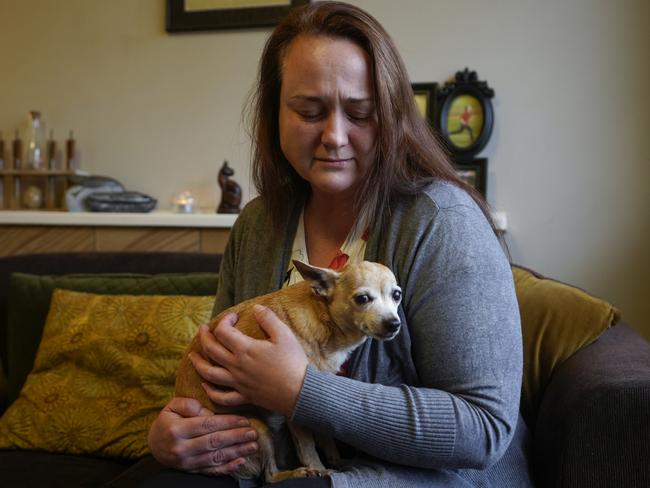
It’s been three years now since Mother’s Day became the worst day of the year for the Wagga mum.
“I’m that mum. That’s an extra kick in the guts when you think it can’t get any worse.”
Like so many mothers who have shared their very deep and personal grief for the Sunday Telegraph’s Charlotte’s Wish documentary, Ms Owen knew her daughter was having mental health issues but found out more about the bullying at school once she had died.
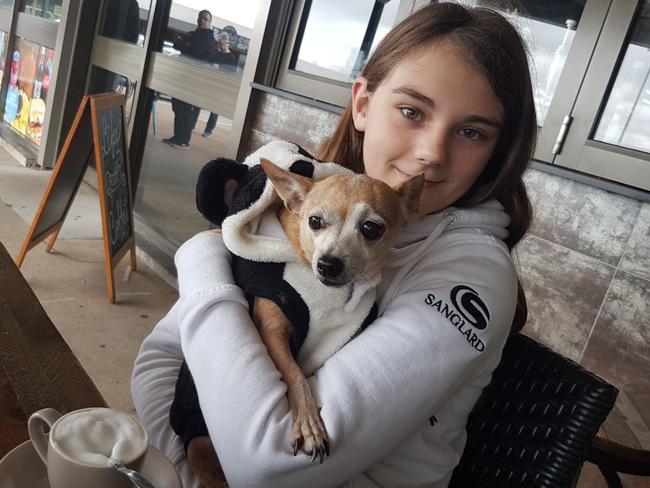
School friends and parents knew that Lauren had attempted suicide before. No one told her, they thought she knew.
“I’ve been carrying that with me as well as my own guilt and pain as a parent,” Ms Owen said.
“They’ve had no intervention, they’ve had no help. They’ve had no counselling. I think they should have counselling in order to stop the behaviour that they have been exhibiting.
“But then that would mean accusing a child of something. And that’s a very difficult area to navigate. But I don’t think we should not try. Victims need counselling, but I think bullies need counselling.”
Ms Owen said the culture of “not talking about suicide because of a fear of it perpetuating more instances of suicide” made no sense to her.
“That’s what we’ve been doing for decades, probably more than 50 years. Don’t talk about it and it won’t happen. It’s still happening. It’s getting worse and we’re not talking about it. So something different has to be done.
“I think we should talk about it. In order to instigate change, you have to ask some difficult
questions. You have to say some politically incorrect things.”
Ms Owen believes people like her who are living with the consequences of inadequate policies in place to address bullying, should be given a voice to help find solutions.
“I cry every time we lose a child to suicide in this country.”
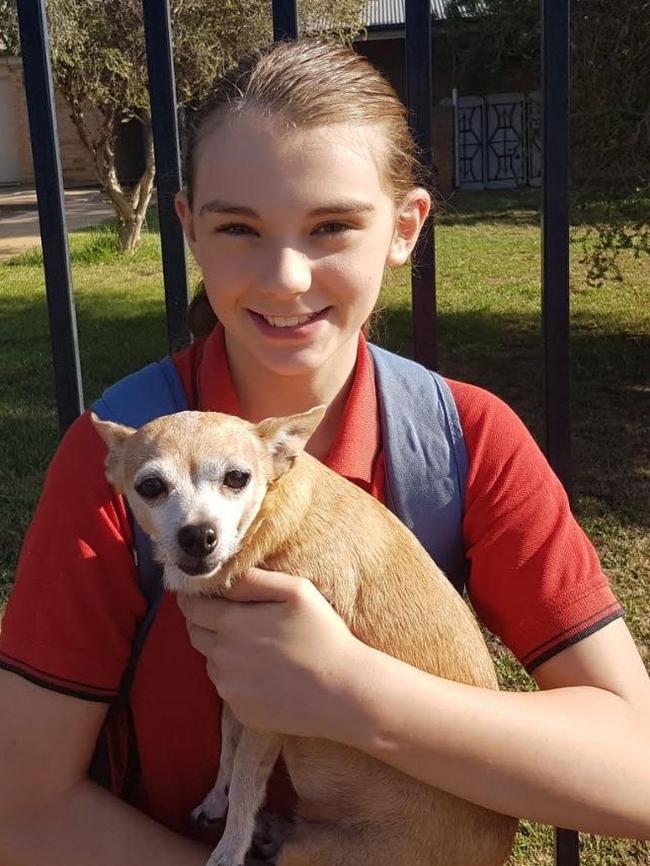
Ms Owen plays over in her mind the day she lost her own child for good.
“I just wish I had walked with her,” she said through tears.
“I never wanted anything lavish for Mother’s Day. I just wanted the two kids to rake the leaves and clean their rooms and have a lazy pyjama day.
“I was out raking and Lauren came out fully dressed and says ‘Mum I want to go for a walk’.”
“I was like, ‘really?’ I mean, it was promoted for her to walk for her mental health, but I just wanted her to stay home.
“We didn’t argue about it, but I’d questioned her a few times and I said like, well, ‘where do you want to go and how long do you want to be? And I really wanted her to
take the dog with her.
“She complained that the dog would just slow her down and she said she’d clean her room when she got back. And if I had known what some other people knew, I would not have let her walk by herself. I would’ve slept on her bedroom floor and not let her out of my sight for a minute.”
“She was only supposed to be gone for an hour and just after about 45 minutes, I had a bad feeling. I don’t know. I sent her a text saying, ‘missing you. Come home please, miss you. And no response.”
The mother’s intuition turned to sheer panic that lasted for the next unbearable 24 hours while emergency services, friends, and strangers searched for Lauren.
Her body was found in bushland the next day.
“There’s something I’ve noticed from all the other bereaved parents who’ve lost children to suicide,” Ms Owen said.
“They’re all beautiful, intelligent, and loving. There’s something going wrong where we are losing our potential free thinkers, artists, beautiful, caring people.
“There aren’t enough words to describe her. Unique. Funny. But she was also so intelligent and she thought about others a lot. She cared deeply, and I am just sad that she didn’t care enough about herself.”
Ms Owen has had a lot of dark days and nights to ponder what we could all do better.
“I feel like we need to bring real-world consequences into daily school life, which would in turn help our generations enter into the workforce with confidence,” she said.
“Less warnings, more consequences. Incidences of assault should be reported to police, and their presence seen on school grounds following up on allegations.
“The last time I looked at TikTok you could search any school name and find a stupid video filmed on school grounds, or in recognisable school uniforms talking about said school and the people in it in demeaning ways. That has to stop,” Ms Owen said.
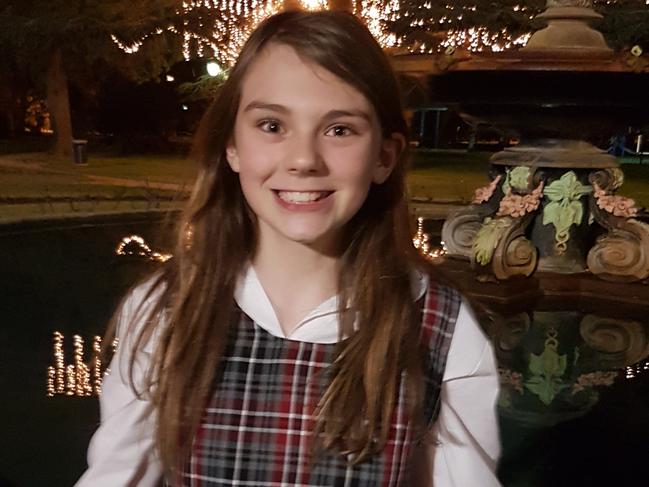
“Schools are too far behind the eight-ball when it comes to technology. The Department head of technology should be conducting routine cyber health checks for their school across multiple platforms. There are programs available that perform these tasks for individuals and businesses, so why not schools?”
Ms Owen believes school psychologists should be full-time active faculty members participating in sport, the occasional PE and excursions, helping to deliver some health classes.
“And get them out on playground duty. They should not be sitting in an office part-time assessing learning disabilities and autism cases while hoping that a child doesn’t knock on their door crying.
“They need to be active and participating in the school environment. This would create a rapport of approachability with students, the ability to assess playground behaviour in real time and it would help alleviate some pressure from our teachers.”
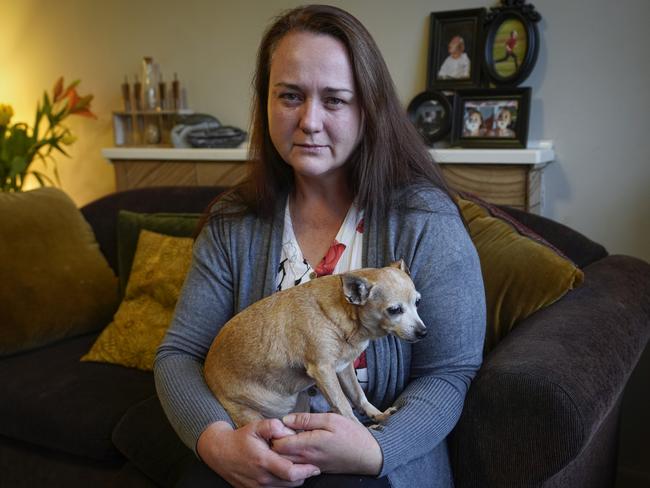
Ms Owen says she has thought deeply about the long-term consequences of children enduring toxic friendships in silence, “afraid to set boundaries or stand up for themselves” and how this correlates to adult behaviour in abusive relationships.
“We have the potential to reduce toxic workplaces, domestic violence and suicide statistics in Australia by changing our approach to child education.”
Do you have a story for The Daily Telegraph? Message 0481 056 618 or email tips@dailytelegraph.com.au



